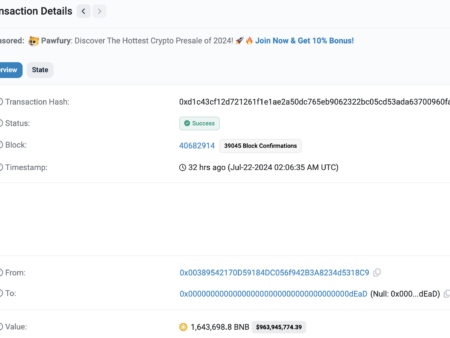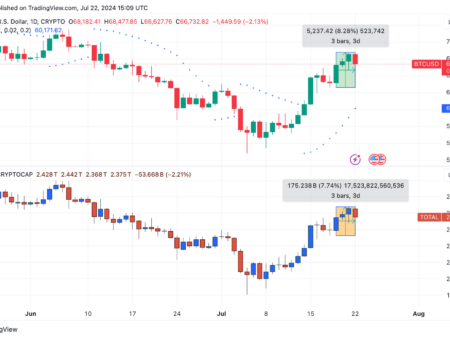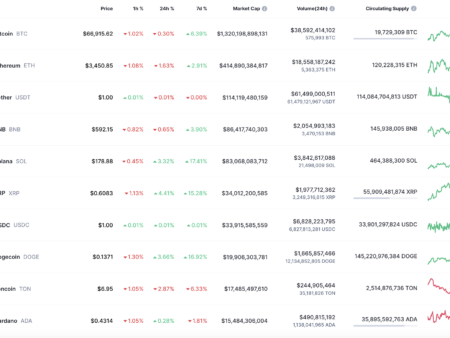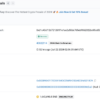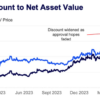The Ethereum Foundation says it is preparing an update on how it plans to address ethical issues after two members of its core team of developers took roles in a staking protocol and were rewarded with valuable tokens.
“We are aware of the current debate about potential conflicts of interest and share the community’s concerns,” Aya Miyaguchi, executive director of the Ethereum Foundation, tweeted on Friday.
“It is clear that relying on culture and individual judgment has not been enough, and we have been working on a formal policy to address this issue for some time,” he added.
The credible neutrality of the Ethereum Foundation is fundamental to being able to play our role in the ecosystem. We are aware of the current debate about potential conflicts of interest and share the community’s concerns.
It is clear that relying on culture and individual judgement…
— Aya Miyaguchi (ayamiya.eth) (@AyaMiyagotchi) May 24, 2024
The Ethereum Foundation is the non-profit organization responsible for funding and guiding the initial development of Ethereum and still exerts great influence on the direction of the protocol today. In addition to Miyaguchi, the Foundation’s board of directors includes Ethereum co-founder Vitalik Buterin.
Buterin was asked by popular cryptocurrency trader Jordan Fish last week about the financial relationship between the Foundation’s core developers and other projects developing within the Ethereum ecosystem. Fish specifically called attention to connections to EigenLayer, an Ether re-staking protocol to secure Ethereum’s layer 2 blockchains, which now holds $18.1 billion in TVL, according to DeFiLlama.
Days later, Ethereum Foundation researcher Justin Drake confirmed that he had established a multimillion-dollar advisory relationship with EigenLayer, for which he received “a significant EIGEN token incentive” worth millions of dollars, comprising nearly half of his assets net.
Fellow researcher Dankrad Feist also confirmed a similar report.
Online critics worry that accepting money from EigenLayer could influence experts’ analyzes of the risks of re-staking (which have tended to be cautious) or possibly affect its work on Ethereum’s core protocol.
Is an Ethereum core developer working for EigenLayer the same as a US Secretary of Defense working for the largest private defense company? It’s acceptable?
Honestly wondering what the best analogy is here.
— Quinn Thompson (@qthomp) May 19, 2024
“[The Ethereum Foundation] they are some of the highest integrity people I know and I don’t see the 1%. [members] formally involved in EigenLayer compromising their morals,” Drake said last week. As far as he knows, he said three of the 300 people at the Ethereum Foundation are formally involved in EigenLayer.
Feist also said that his token allocation will not “change or influence my positions on how the core protocol should be developed.”
In an interview with DecipherEthereum co-founder and Consensys CEO Joseph Lubin said that “it won’t stop anyone in the Ethereum Foundation or the ecosystem from supporting more projects.”
Lubin noted that his own company, a leading provider of Ethereum wallet infrastructure, has seen many of its members move to other ecosystem projects for financial compensation. Consensys agrees with such reports, he said, as long as they are made public and there is no conflict of interest regarding Consensys-related decisions. (Consensys is one of 22 investors in Decipher.)
“There will be so many opportunities to build good or great things or to corrupt things,” he noted. “We have to be vigilant.”
By Ryan Ozawa.
